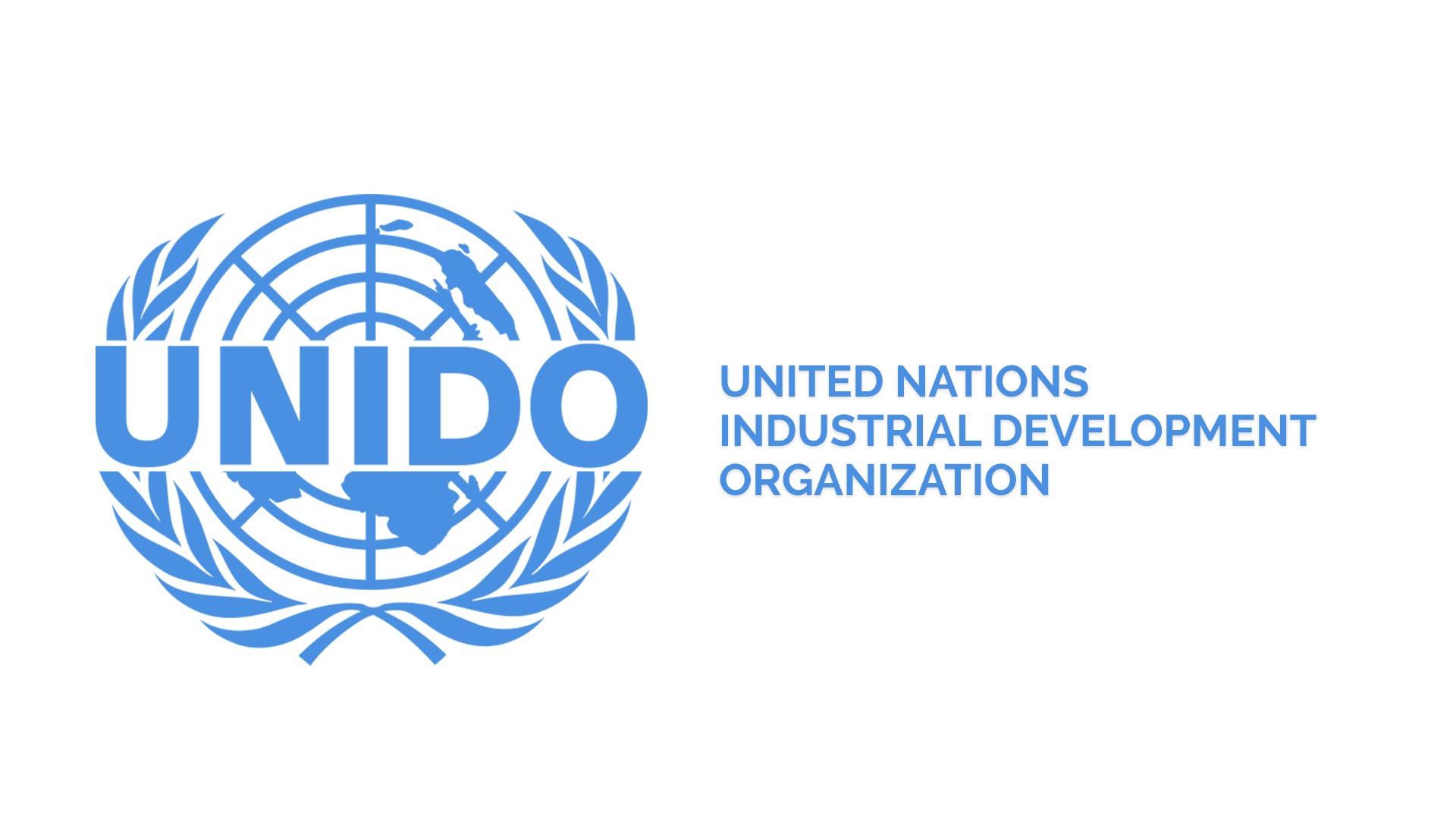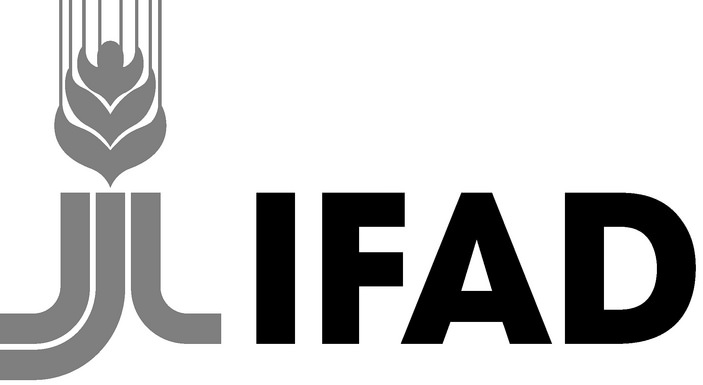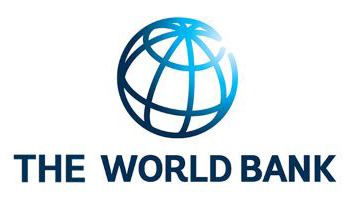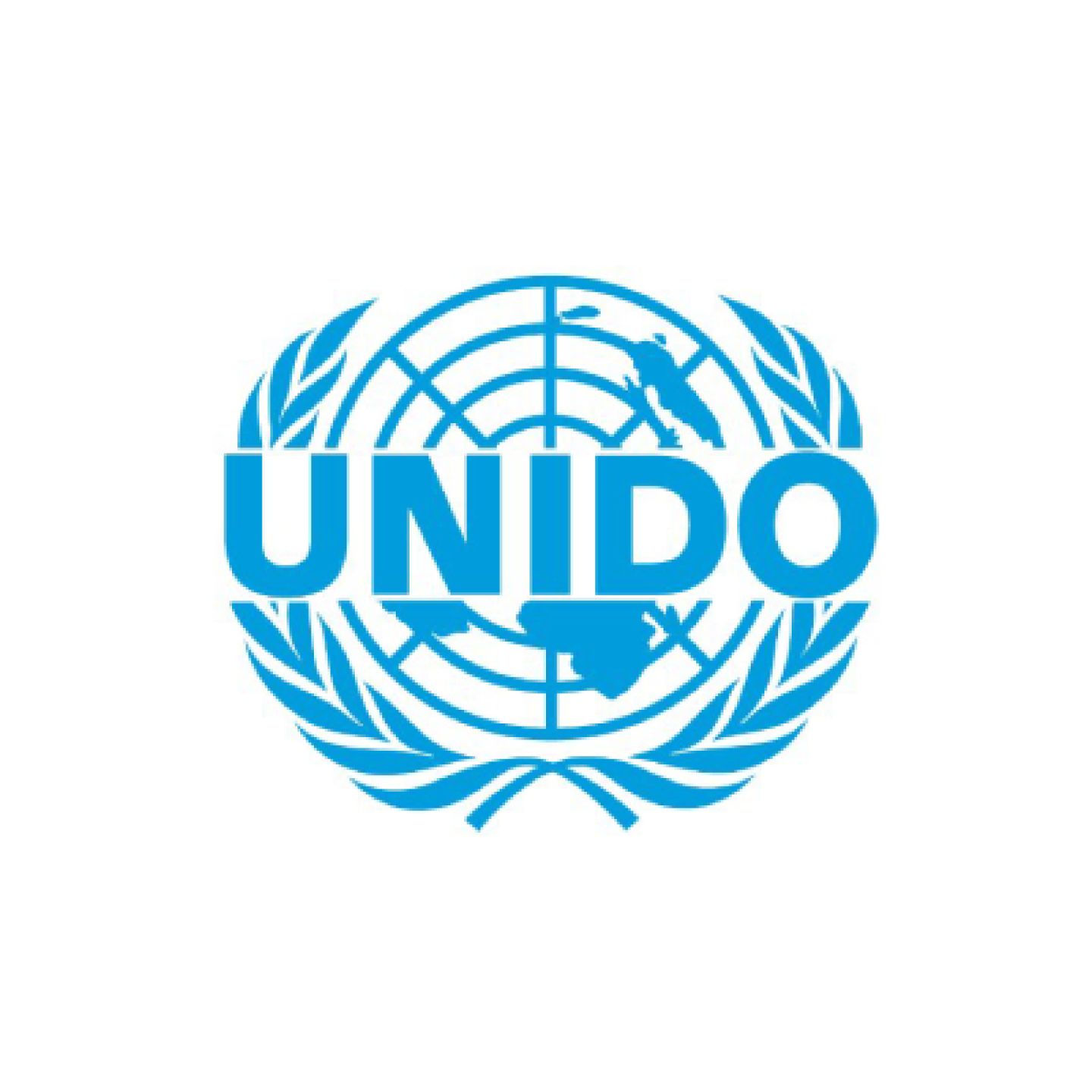EUR50 million EU-funded ATCMA–ECOWAS programme to boost West African trade

ABUJA, 17 June 2025 –The Economic Community of West African States (ECOWAS), in partnership with the European Union (EU), UNIDO, and the International Trade Centre (ITC), officially launched the Africa Trade Competitiveness and Market Access (ATCMA) – ECOWAS programme, a EUR50 million EU-funded regional initiative designed to enhance trade competitiveness, market access, strengthen regional quality infrastructure and diversification, and boost intra-African and Africa–EU trade.
IFAD and the Green Climate Fund to boost climate resilience for almost half a million rural people working in agricultural value chains in Madagascar

The International Fund for Agricultural Development (IFAD), in partnership with the Green Climate Fund (GCF) launched the Inclusive Agricultural Value Chains Programme (DEFIS+), that aims to boost resilience for smallholders, and both agricultural production systems and rural infrastructure. The programme will directly benefit almost half a million smallholder farmers and indirectly support over 3.5 million people in rural communities.
Positioning Togo as a Regional Hub in Agribusiness and Animal Nutrition

The World Bank Group (WBG) today approved $300 million to help Togo position itself as a regional hub in agribusiness and animal nutrition by scaling up Togo's Agricultural Modernization Program (ProMAT) and transforming the agriculture sector through productivity-enhancing investments.
Driving trade transparency and efficiency in Egypt

UN Trade and Development (UNCTAD) is working closely with Egypt to build a more transparent and efficient trading system. Central to this effort is the implementation of a Trade Information Portal (TIP), an online platform that will simplify export, import, and transit procedures. The TIP aligns with the transparency provisions of the World Trade Organization (WTO) Trade Facilitation Agreement (TFA) and aims to reduce costs and red tape, making Egypt a more competitive global trading partner.
UNIDO to implement world’s first-ever carbon crediting project by applying semi-aerobic methane emission reduction method from waste management site in Tunisia through Joint Crediting Mechanism

UNIDO has recently concluded an agreement for the provision of a grant to EX Research Institute (EXRI), a Japanese company, to implement the world’s first-ever carbon crediting project by applying the Fukuoka method (semi-aerobic landfill) in a waste management project in Beja, Tunisia under the UNIDO project “Promoting Climate Innovation and Partnership for Transition Towards Deep Decarbonization (UNIDO-JCM)”, which is funded by Ministry of the Environment of Japan.
UN Trade and Development and Japan partner to add value to Africa’s critical minerals sector

The new partnership will help countries harness the rising global demand for critical energy transition minerals for value addition and economic diversification.
UN Trade and Development (UNCTAD), with funding from the Government of Japan, has launched a new project to help Southern African countries capture more value from critical energy transition minerals such as lithium, cobalt and rare earths – vital for batteries, solar panels, wind turbines and electric vehicles.
UNIDO, Sierra Leone and Japan inaugurate Centre of Excellence to drive youth employment in the automotive sector

Freetown, 13 May 2025 - The United Nations Industrial Development Organization (UNIDO), the Government of Sierra Leone, and the Government of Japan today officially inaugurated the Centre of Excellence for Automotive Training at Freetown Polytechnic’s Kissy Campus.
The high-level ceremony marks a major milestone in the “Promoting Youth Employment through Automotive Maintenance Skills Training” project,implemented by UNIDO in partnership with the Ministry of Technical and Higher Education and the Ministry of Youth Affairs, and generously funded by the Government of Japan.
Beyond compensation: Reparatory justice as a structural economic imperative for Africa

The pursuit of reparations has long animated African and global dialogues about justice. Since 1963, when the Organization of African Unity (OAU)—the predecessor to the African Union (AU) — first took up this cause, efforts have been made to advocate for reparations for historical crimes committed against Africans and people of African descent.
Eswatini: World Bank Supports Fiscal and Private Sector Reforms for Resilient Growth

MBABANE, April 30, 2025—The World Bank Board of Executive Directors approved a Development Policy Loan (DPL) operation to support the Kingdom of Eswatini’s efforts to strengthen fiscal governance, foster private sector development, and enhance energy security and climate resilience. This is the first in a programmatic series of two operations.
UNIDO launches the Industrial Development Report 2024 in Africa

Johannesburg, 26 March 2025 - The United Nations Industrial Development Organization (UNIDO) together with the DSI/NRF South African Research Chair in Industrial Development (SARChI-ID) at the University of Johannesburg and the Industrial Development Corporation (IDC) co-organized a joint event titled ‘The Future of Industrial Development in Africa’ in Johannesburg on 26 March 2025. The event served as the regional launch for Africa of UNIDO’s Industrial Development Report (IDR) 2024.




